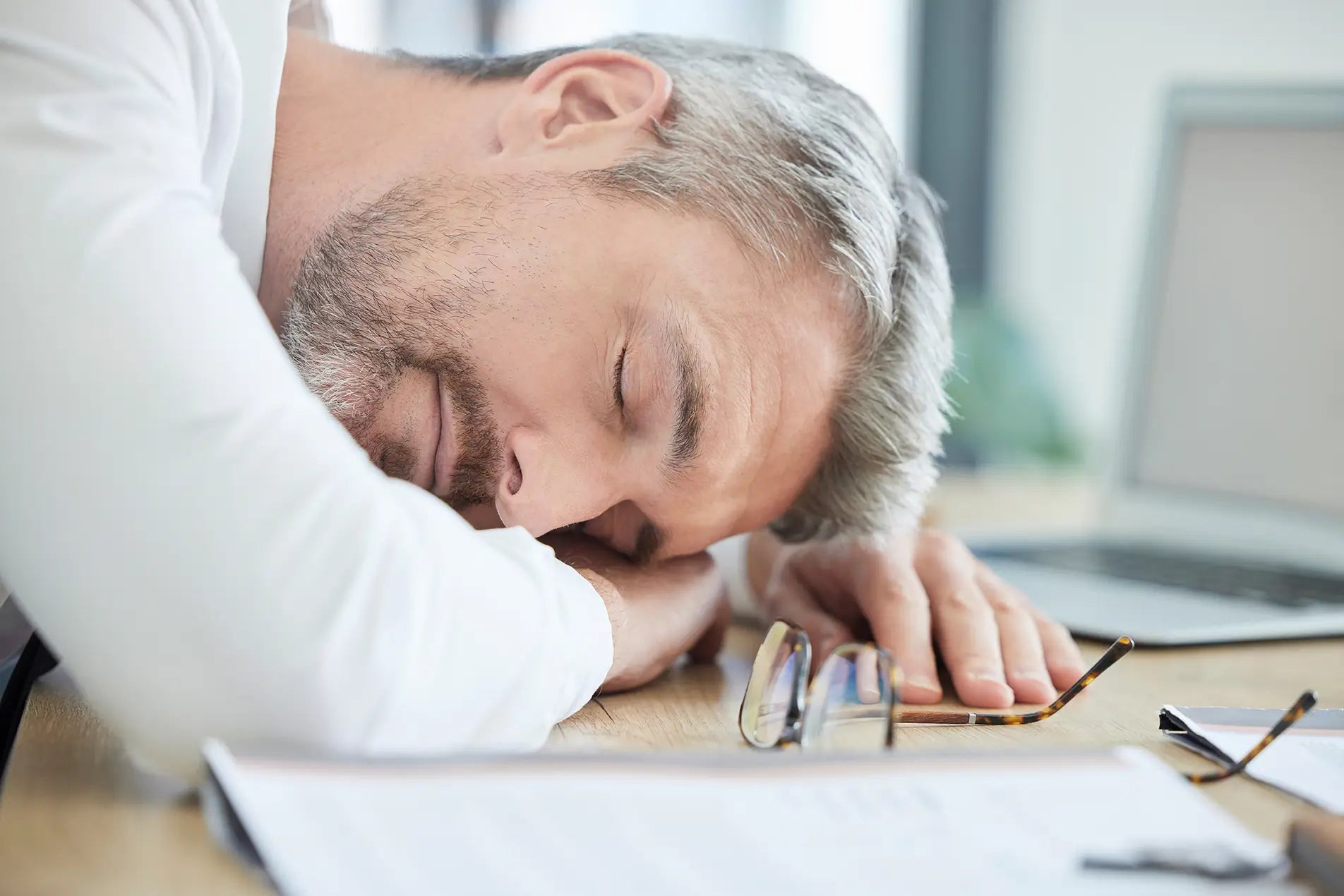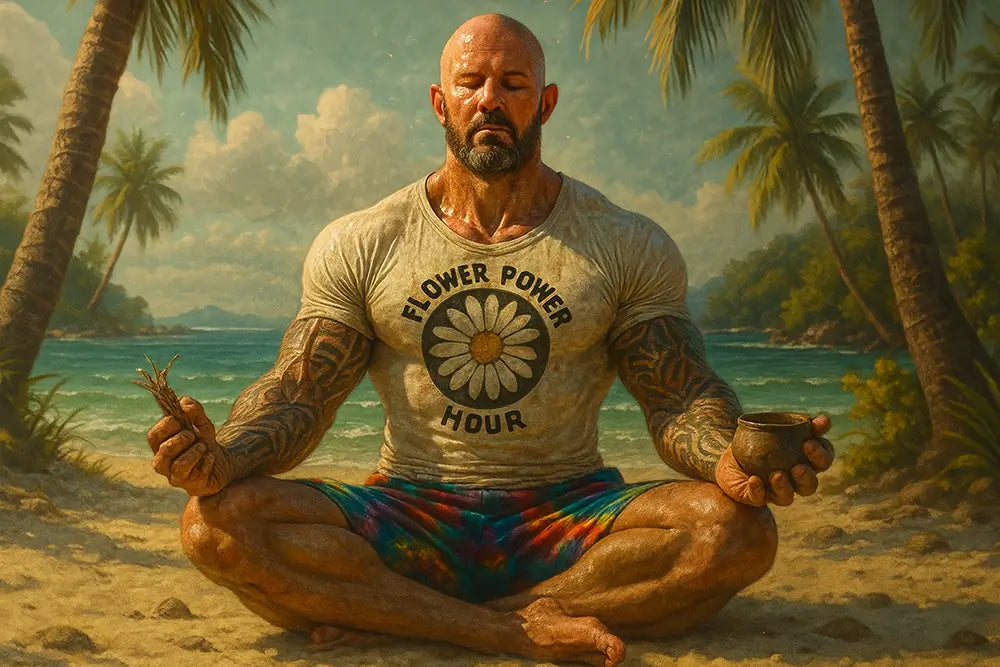And how it's impacting men's health.
Testosterone naturally taper off with age (as does oestrogen in women). Declining at 1% - 2% from age 30, but there are now many other factors that are causing testosterone levels to drop. The global levels are decreasing year on year.
Worryingly, this is happening at a much quicker rate and also seen a sharp increase in younger men.
Moreover, various studies show that low amounts of the hormone have been associated with chronic disease. It is the case even among men 40 years of age and younger.

A few causes of Low testosterone levels are:
- chronic illnesses and genetic diseases
- certain types of medication
- injury to the testicles
- chemotherapy, and
- pituitary gland disorders or tumours.
However, these do not appear to explain the ongoing negative trend in testosterone levels or reveal why there has been such dramatic changes in men’s hormonal levels in new generations, particularly in younger men.
Studies show that men’s testosterone levels have been declining for decades. The most prominent, a 2007 study in the Journal of Clinical Endocrinology and Metabolism, revealed a “substantial” drop in U.S. men’s testosterone levels since the 1980s. It mentions that average levels are declining by about 1% per year.
So what behind the increased prevalence of Low Testosterone Levels?
Explanations do clearly point to lifestyle factors.
Obesity Crisis
Worryingly, 67% of men 45+ are overweight or obese in UK.
Obesity and low testosterone are tightly linked, and it's somewhat of a catch-22 situation. Obese men are more likely to have low T and men with low T are also more likely to become obese. Fat cells metabolise testosterone to oestrogen, lowering testosterone levels further, creating imbalance and driving symptoms of low Testosterone.
Type 2 Diabetes
· 4.9M in UK 5 with another 1 in 3 undiagnosed
· Men 35-54 are twice as likely to develop diabetes
· Increases risk of testosterone deficiency by 40%
Medications
We are an increasingly a nation relying on prescription. Whilst they offer benefits, they are also creating issues for our hormones and disrupting our endocrine systems.
We’ll be listing the specific ones in another blog coming soon. In the meantime, it’s worth asking your GP or pharmacist about any meds you are taking and possible implications on Testosterone levels.
Diet
The links between nutrition and testosterone levels are clear. Everything you eat and drink can have either a positive or negative impact on your testosterone health.
Check our other blogs for foods to eat to boost and increase testosterone levels naturally and foods to avoid, as they do the opposite.
Ageing Male Population
Globally, we’re all living longer. Thankfully this includes men as historically they have always had shorter life spans than women but are catching up. As testosterone declines naturally with age, this means more older men living with decelerating testosterone levels.
The good news is that we know that you don’t have to accept that there’s nothing you can do about this. Healthy ageing and disease prevention starts in your 20’s.
Besides, testosterone is produced on a 24 hour cycle, and by paying daily attention to yours at an early age will enable you to benefit from optimal levels for longer.
Stress
Stress is common in modern lifestyle.
It causes the adrenal glands to produce cortisol— a vital hormone. However, excess amounts of cortisol can affect the normal biochemical functioning of the endocrine system, which is the master controller of hormones, and create issues, including low testosterone levels.
Some of the side effects of stress like lack of motivation, poor sleep, and lower energy also then, further contributes to low testosterone levels.
Environmental Toxins
These are now common place and wreaking havoc on male (and female) hormones. Negatively impacting testosterone levels and fertility and are significant drivers in the downward decline of both of these in recent years.
Endocrine disrupting chemicals (EDCs) including phthalates (which are widely used in flexible PVC plastics and personal care products), block the effects of testosterone on the body’s organs and tissues.
Alcohol & Recreational Drugs
Alcohol may impair the way the brain’s hormonal function, disrupting testosterone production and resulting in low testosterone levels over time.
Research shows that testosterone can drop in as little as 30 minutes after alcohol consumption. Drinking can also impair sleep which then in turn can lower T levels further. Heavy drinkers are more likely to have poor testicular function than people who consume a moderate amount of alcohol.
Nutrient Deficiencies
This has become a larger driver of testosterone levels. Many nutrients are vital for testosterone production including Zinc, B6 and Vitamin D. It’s estimated that 90% of the population are deficient or have sub optimal levels in one or more vitamins or minerals essential for health.
The body can't store many nutrients and needs daily intake. It’s vital that you support optimal testosterone health by addressing any underlying deficiencies. With that in mind, all DNA’s testosterone supplements blends are strategically formulated with all the key nutrients, vitamins and herbs needed to boost your testosterone levels naturally.
Furthermore, taken daily, to work alongside your daily cycle of Testosterone production, just one drink a day helps you prioritise your testosterone levels and promote optimal health and wellness.






Share:
Healthy Sleep = Happy Hormones
Testosterone Myths Debunked